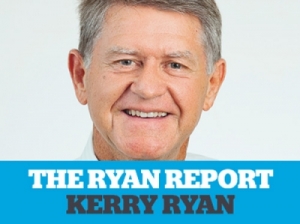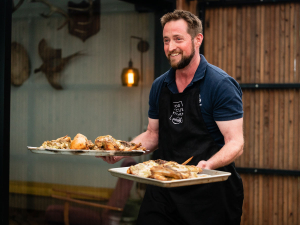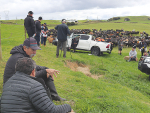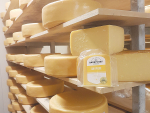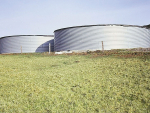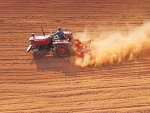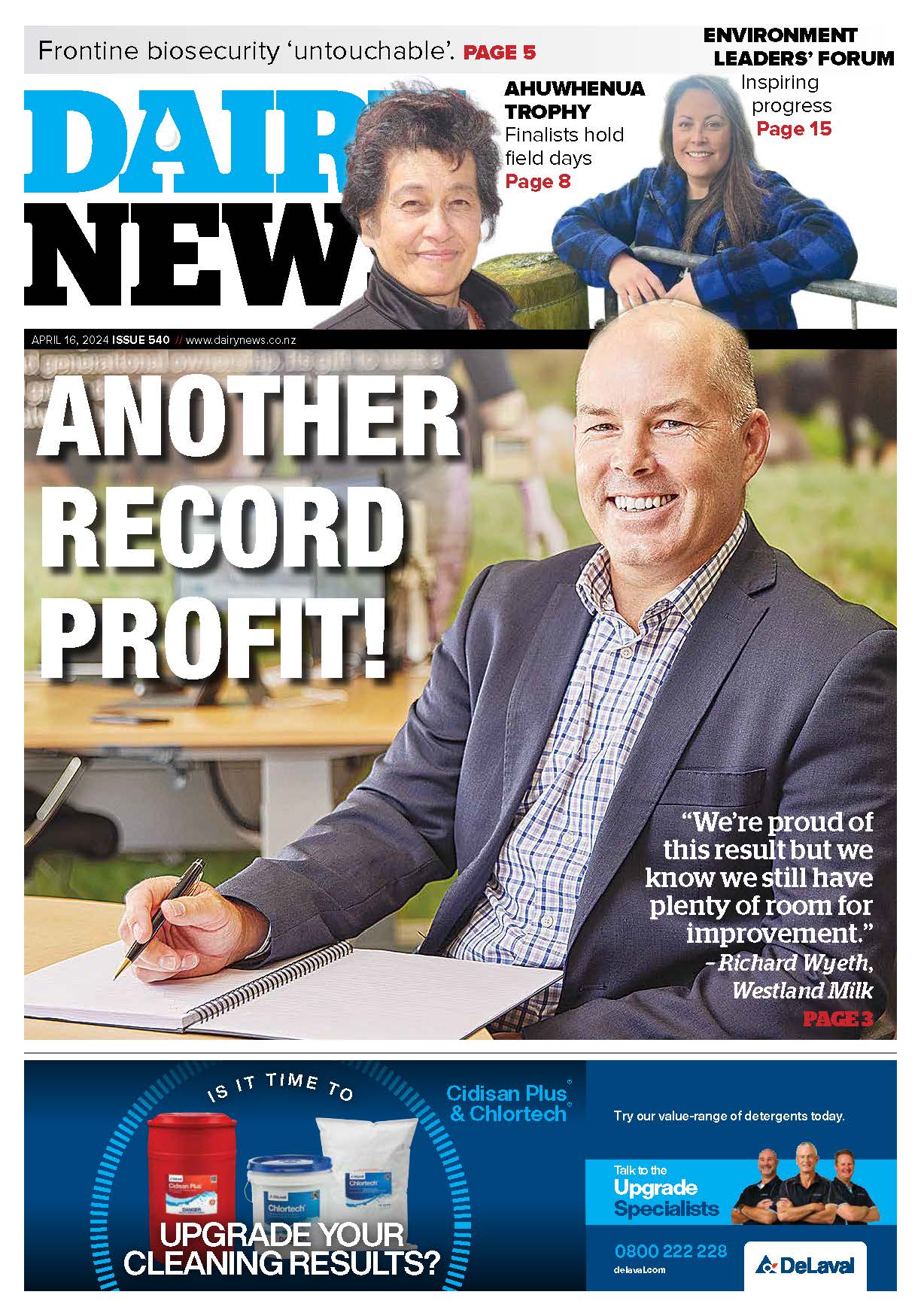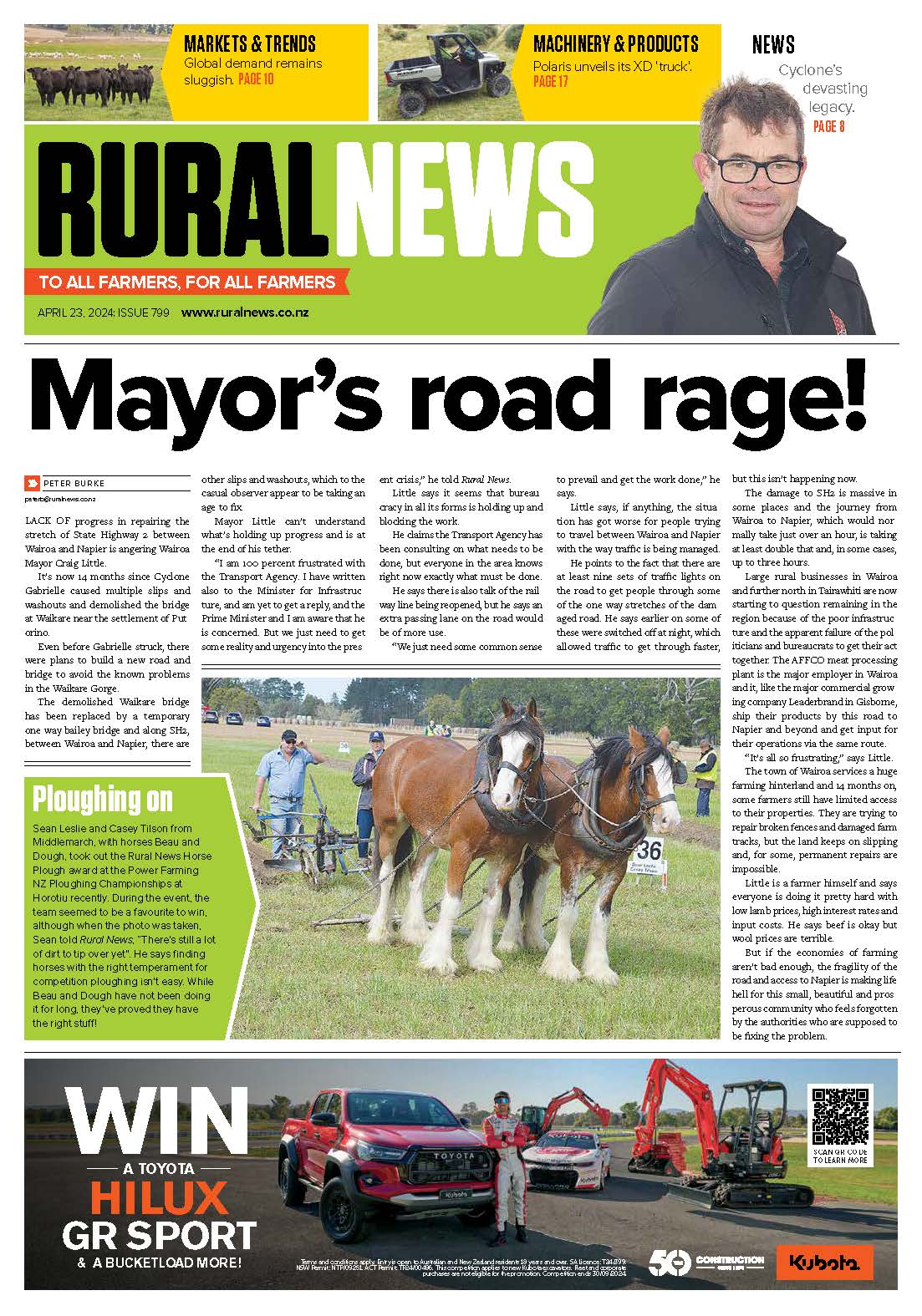The sustained downturn combined with disruptive international events are fuelling volatility, requiring businesses to better control their 'controllables' while having the wisdom to "accept the things they can't change".
It's not all bad news: in the spirit of 'never wasting a good recession', top farming families are learning from circumstances and working to create buffers and options such as responding realistically to market trends and acknowledging the need to diversify away from relying solely on dairy for long-term profit.
Capital markets across the economy are grappling with their own challenges, mostly driven by cash-rich investors bidding to do better than just achieve market interest rates. It's ironic that many non-farmers are finding that having cash available for investment is something of a weakness. It is resulting in inflated urban property values as the markets behave rather like the rural land market at its peak.
My sense is that when dairy inevitably bounces back it will be vital to use the upswing to restructure away from this volatile milk market. Traditional strategies whereby dairy operations expand when milk prices are high can no longer be justified. Instead, when better times reappear they must be used to rebalance farm portfolios and achieve multiple revenue streams, e.g. sell some core dairy investment to reinvest in other types of farming or off-farm enterprises.
Obviously a business could focus on building cash buffers or aggressively reduce debt to insulate against fluctuating returns. But this takes time and with the now-common rapid and often unpredictable market changes, hording cash or cutting debt may be a less effective strategy than using cash to get out of dairy markets.
Fresh investment could, say, take advantage of management skills or resources already available to a dairy business such as meat or cropping. Different dairy systems, e.g. goat and sheep milking, are gaining traction and these could use expertise and infrastructure already available.
Growers are doing well; getting into these industries could be via syndicated investment or learning new management skills.
Now is the time to evaluate infrastructure, soil types, contours, staff capabilities and access to processing facilities, supported by professional advice. That should give a business confidence to act when the time is right.
Off-farm investments also offer opportunity. Interest rates are at an all-time low – little reward for holding cash. So investors are competing with each other to secure commercial and residential property or buy businesses that can truly make money. This is pushing up asset values, hinting at value creation by development or trading of such ventures.
But such ventures take time, just when a farm owner may need to cut staff and be more hands-on to maximise his own farm's performance while the dairy returns are low. Thus, many farm business leaders may be so busy at their day-to-day farming that they won't realise what is happening off-farm.
Priority must be to ensure the farming enterprise can be delegated so key people can concentrate on business development and be fully informed of options across the economy, regardless of their ability to restructure or invest right now. Get ready for action when opportunities arise.
The rate of change for all business has accelerated. Getting a balance between redeploying capital and optimising operating performance will be a key challenge. Capturing these opportunities will require new insights and skills and robust strategic planning.
Stronger and more diversified businesses will emerge to capture an inevitable opportunity in a hungry world.
• Kerry Ryan is a Tauranga agribusiness consultant available for face-to-face or online for advice and ideas. You can contact him at www.kerryryan.co.nz.





